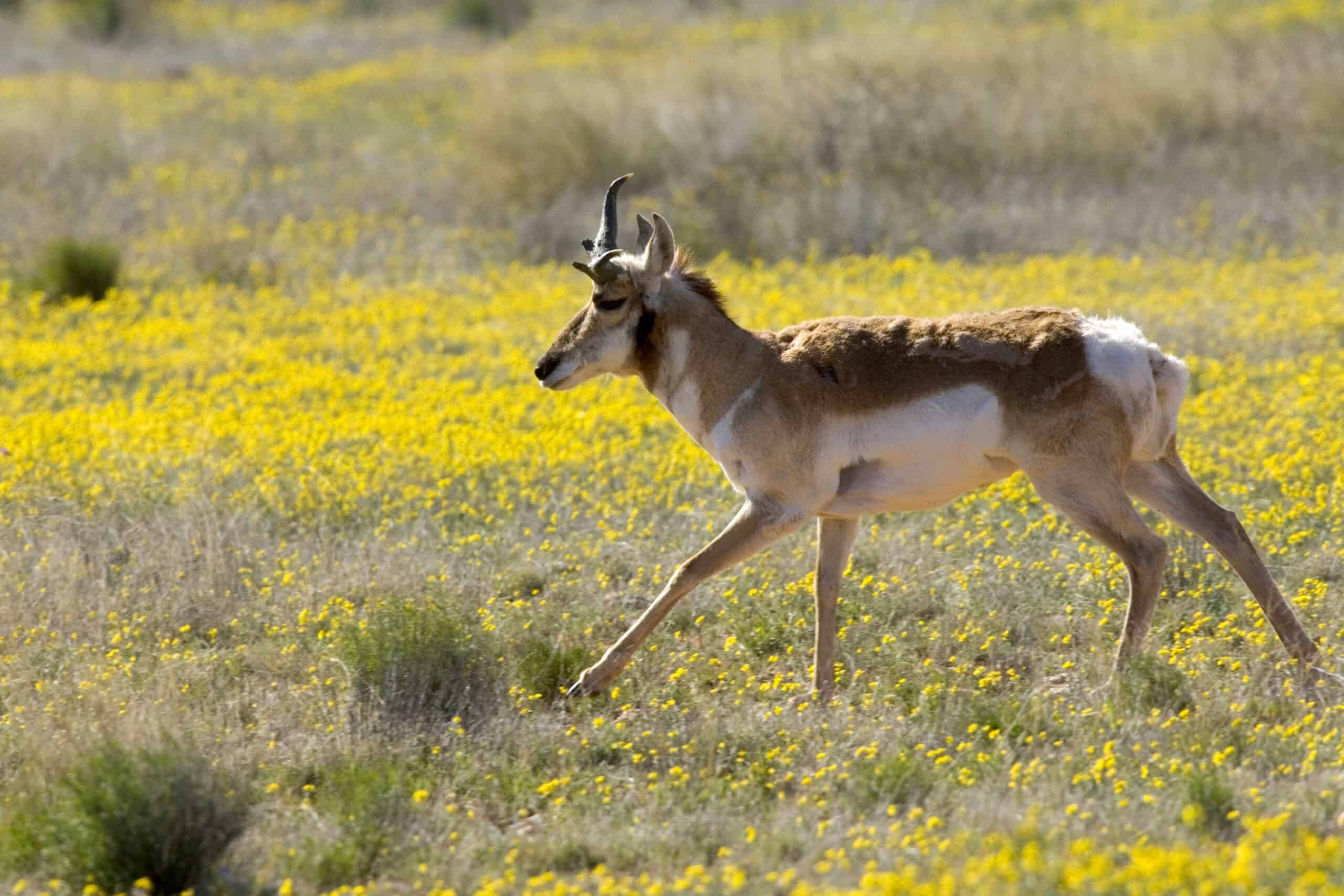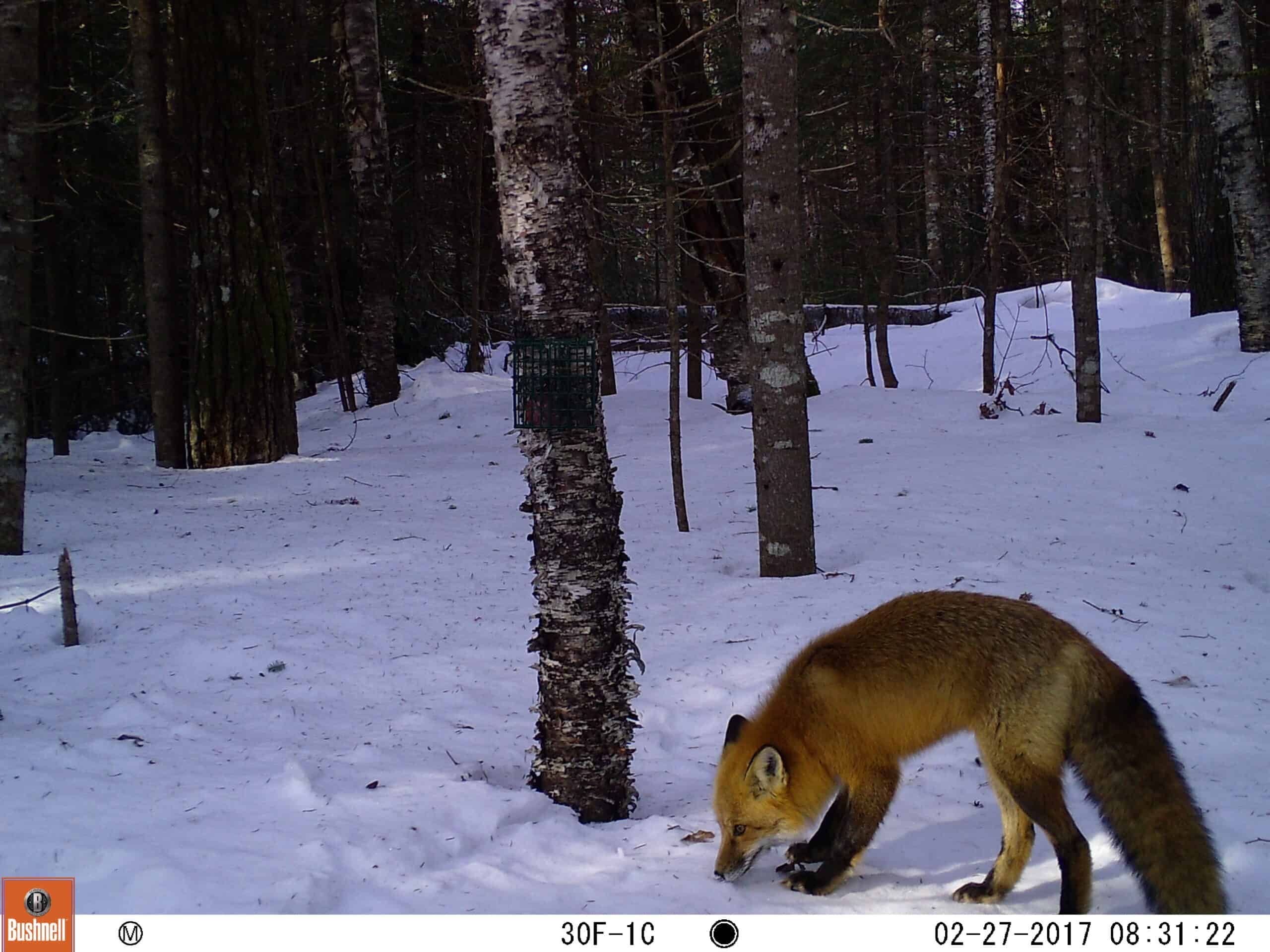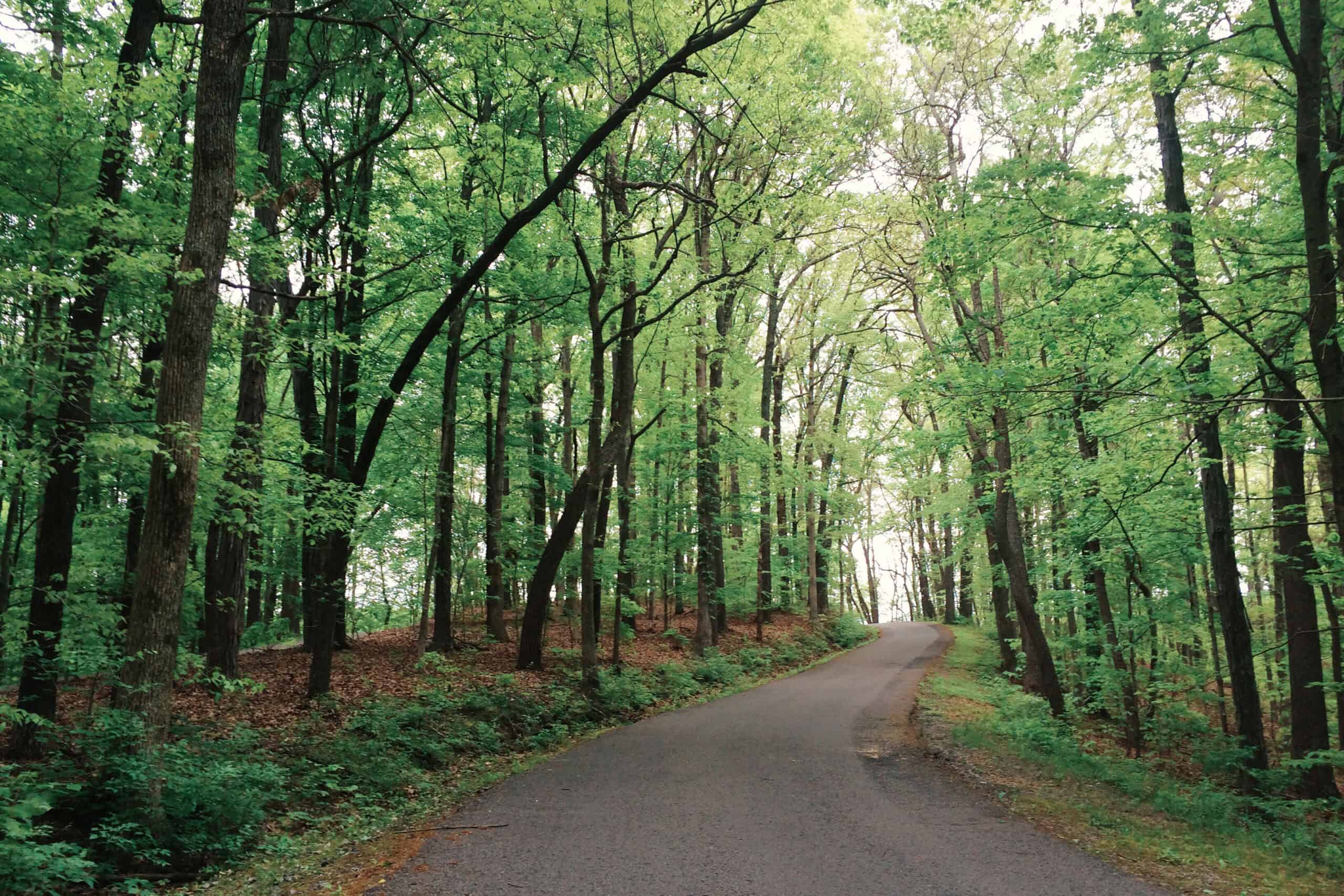Share this article
FWS Looks to Revise Outdated Oil and Gas Development Regulations
The U.S. Fish and Wildlife Service (FWS) published a proposed rule and draft environmental impact statement (EIS) on December 11 that would revise non-federal oil and gas development regulations on National Wildlife Refuge System lands. The regulations have not been updated for over 50 years.
Non-federal oil and gas wells are found on 103 refuges and four Wetland Management Districts. There are over 5000 wells, with close to 1700 currently active. FWS estimates that 450 of these wells are unplugged and unrestored sites that no longer have a known or solvent operator. They estimate that addressing these abandoned sites could cost over $20 million. Outdated safeguards pose health and safety risks to refuge staff and visitors through potential leaks, spills, and physical hazards.
FWS’ proposal aims to update regulations to make them consistent with existing laws, policies, and industry practices. Key elements of the proposal include creating permitting processes for new and reclaimed operations, establishing operating standards to allow for easy identification of what standards apply to a particular operation, setting fees for new access, setting penalty provisions, and codifying exiting agency policies and practices.
“These proposed rule revisions strike an appropriate balance between the rights of owners to develop energy resources with the Service’s critical role in protecting refuges and the fish and wildlife that depend upon them,” said FWS Director Dan Ashe. “Refuges are national treasures offering unparalleled opportunities for Americans of all ages, means and backgrounds to hunt, fish, hike, boat and just enjoy being outdoors. We owe it to this and future generations to meet our mission responsibility.”
FWS is accepting comments on the proposal until January 11, 2016. Comments can be submitted online.
Header Image:
A Fish and Wildlife Service employee checks an oil well on the Delta National Wildlife Refuge.
Image Credit: John and Karen Hollingsworth Fish and Wildlife Service








